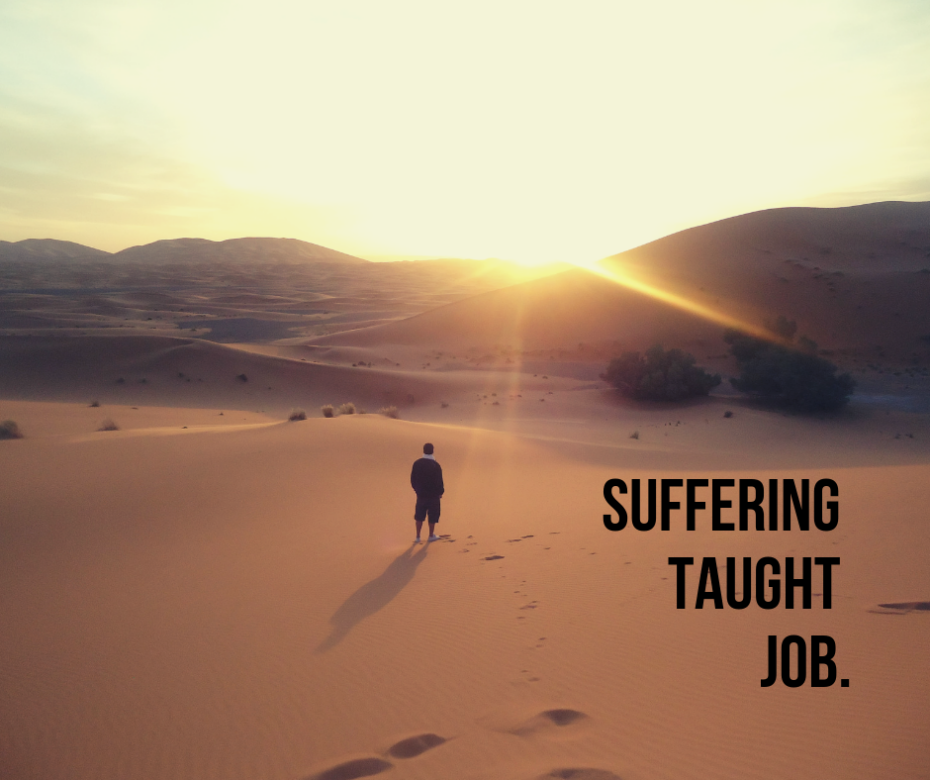Job’s three friends had a very legalistic view of the world and of God. They thought everything worked according to a clear and simple law of moral cause and effect—of reward and punishment—in which good people are blessed, and bad people suffer. So when they saw Job suffering, the only explanation for it, given their theology, was that Job and his children must be bad people.
Hence, they could say things like this:
“Remember now, who ever perished being innocent? Or where were the upright ever cut off? Even as I have seen, those who plow iniquity and sow trouble reap the same” (Job 4:7-8).
Who ever perished being innocent? Well, Job himself! (At least, he was on the verge of perishing.)
Their theology just didn’t “work.” It didn’t fit the facts.
Through his suffering, Job’s theology began to change. Whereas his friends held to black and white expectations of how the world worked, Job began to notice that reward and punishment couldn’t explain what was going on. For example, Job noticed the wicked rich prospered and died in peace:
“Why do the wicked live and become old,
Yes, become mighty in power?
Their descendants are established with them in their sight,
And their offspring before their eyes.
Their houses are safe from fear,
Neither is the rod of God upon them...They spend their days in wealth,
And in a moment go down to the grave.
Yet they say to God, ‘Depart from us,
For we do not desire the knowledge of Your ways.
Who is the Almighty, that we should serve Him?
And what profit do we have if we pray to Him?’” (Job 21:7-9, 13-15).
And Job saw that the poor suffered at the hands of the wicked rich, not because they deserved it:
“They push the needy off the road;
All the poor of the land are forced to hide.
Indeed, like wild donkeys in the desert,
They go out to their work, searching for food.
The wilderness yields food for them and for their children.
They gather their fodder in the field
And glean in the vineyard of the wicked.
They spend the night naked, without clothing,
And have no covering in the cold.
They are wet with the showers of the mountains,
And huddle around the rock for want of shelter” (Job 24:4-8).
That didn’t “fit” a legalistic theology of reward and punishment.
Through suffering, Job’s theology began to break down and change.
More than that, he began to notice, and to empathize with, other innocent sufferers.
He saw them.
Apparently, his friends didn’t see them. Otherwise they wouldn’t have said monumentally foolish things like, “who ever perished being innocent?”
Suffering opened Job’s eyes (just a little) to what was really going on in the world. But as God would later emphasize, he still had much to learn!
Job was upright and blameless. But that doesn’t mean he knew it all. He needed to grow in his knowledge of God and of God’s providence. Part of what Job learned, he learned through suffering.
Has suffering opened your eyes to God, to the world, and to the hurting neighbors around you?


